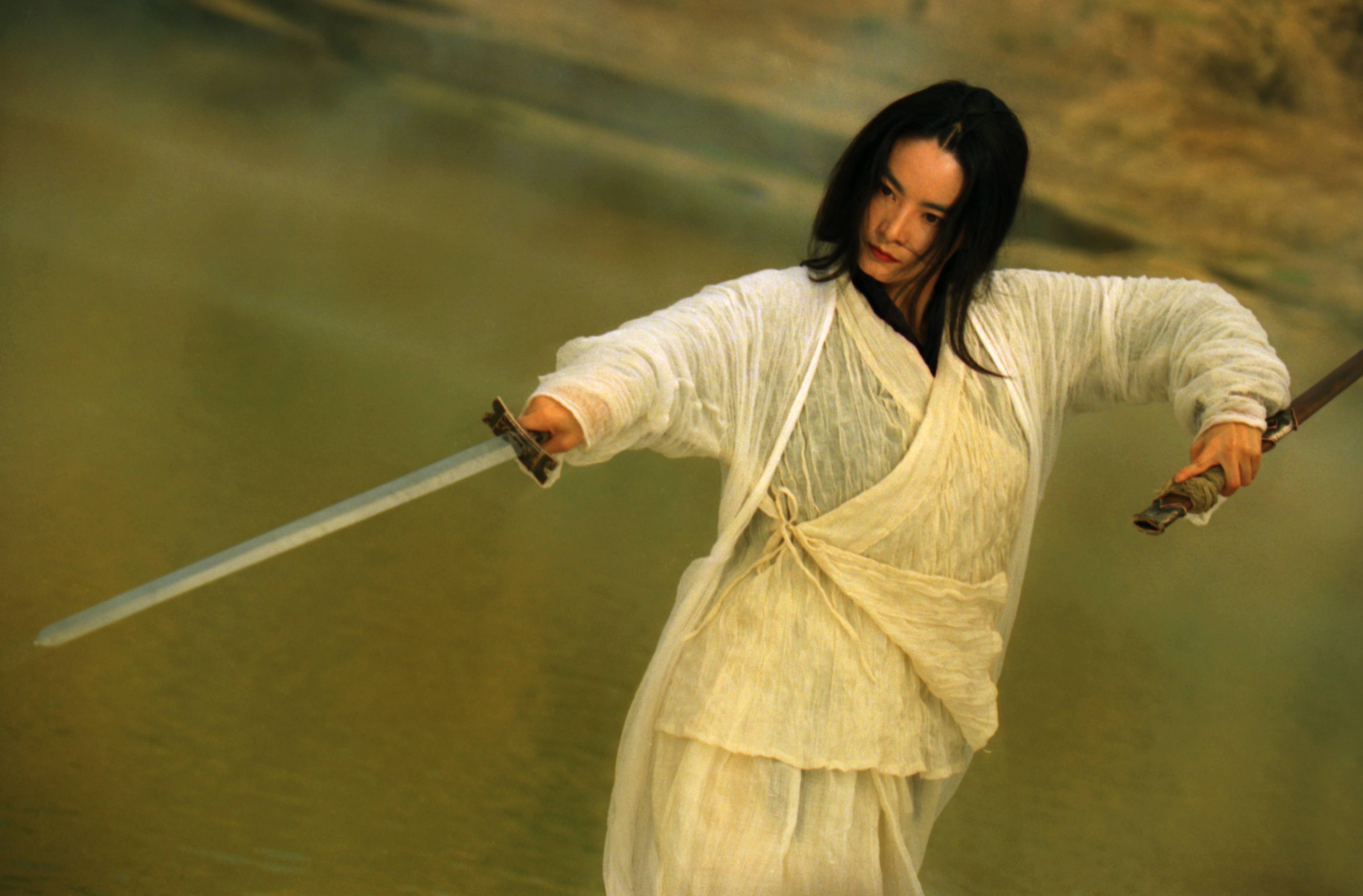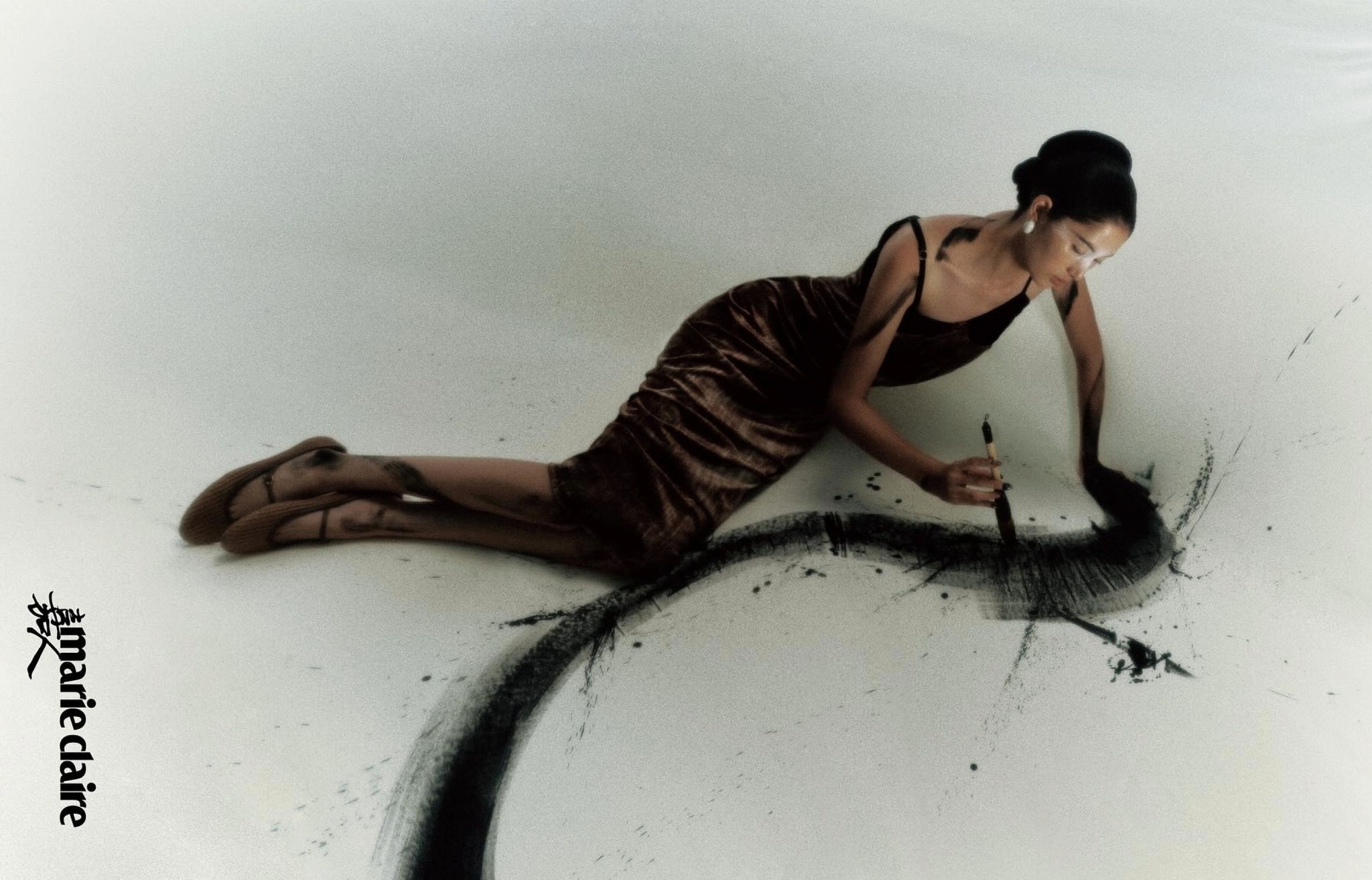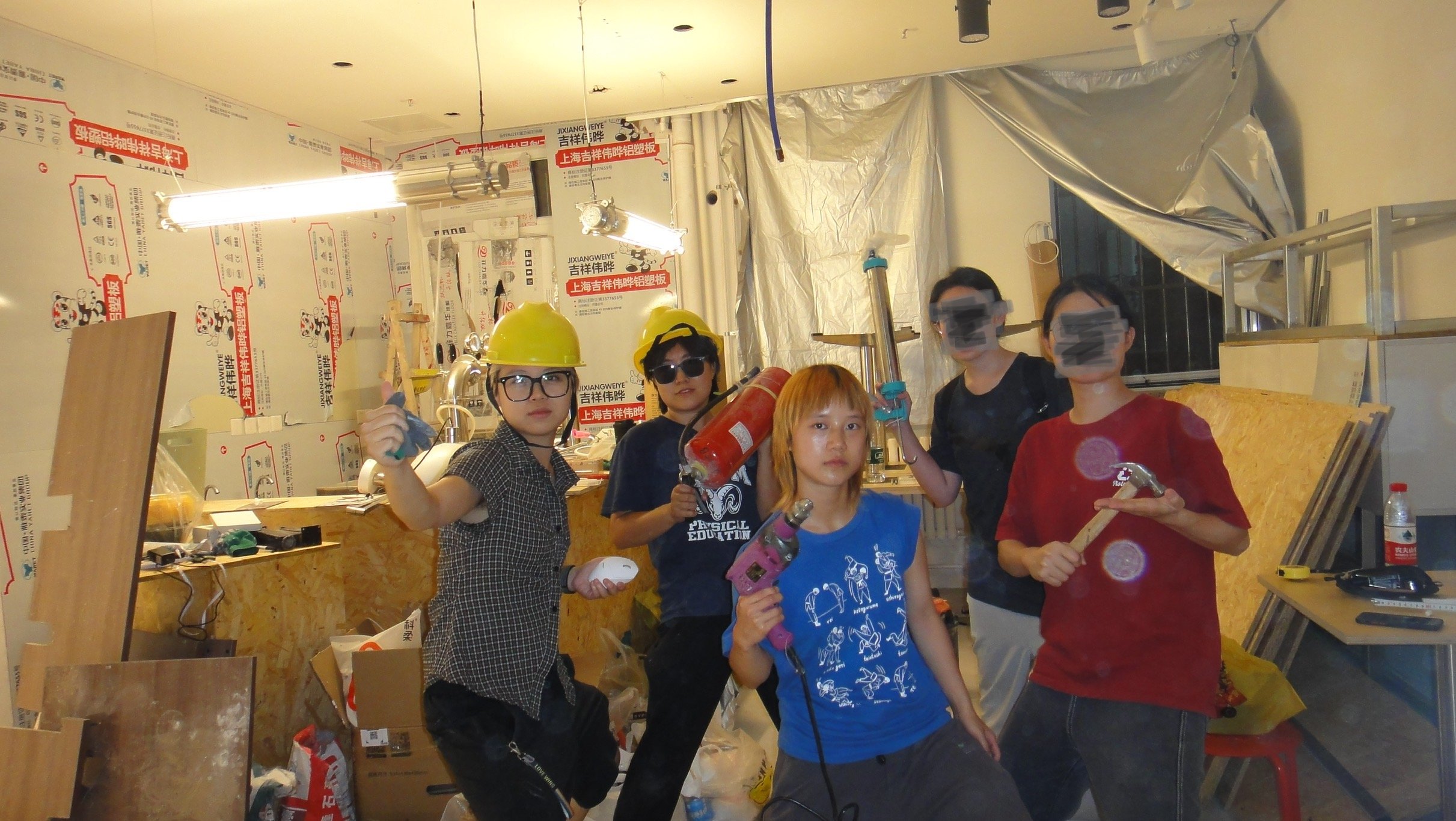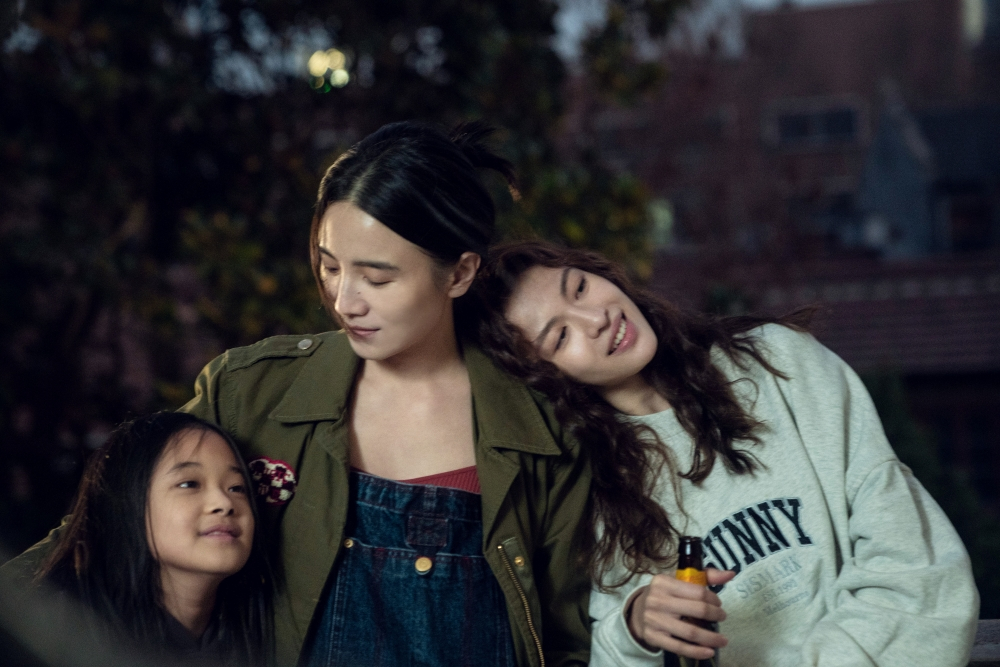For years, the world’s biggest lingerie brand was struggling in China.
The once-powerful Victoria’s Secret, which for decades had helped define “sexiness” in Europe and the US via its racy lingerie and annual runway shows but had seen its sales tank and marketing hit a sour note for lack of diversity, among other issues, was also facing problems in mainland China. There, shoppers complained of a lack of options that fit Asian body types, while the label’s loud, flirtatious branding largely failed to strike a chord with Chinese consumers.
Yet a successful campaign — and two smartly chosen ambassadors — helped seemingly endear the lingerie brand to Chinese consumers once again as it attempted to redefine “sexiness.” In April, it announced A-list actresses Yang Mi and Zhou Dongyu as their brand ambassadors for Asia and China respectively.
Related:
 Victoria’s Secret Unveils Surprising New Chinese Spokesmodel Line-UpThe campaign may mark a pivot from the brand’s overtly sexual imageArticle Apr 27, 2020
Victoria’s Secret Unveils Surprising New Chinese Spokesmodel Line-UpThe campaign may mark a pivot from the brand’s overtly sexual imageArticle Apr 27, 2020
The campaign was hailed as a dramatic pivot for the American company, which had been replicating the supermodel-driven strategy that had propelled them in other countries. (In the past, VS had tried to woo Chinese buyers by booking more Asian supermodels for their runway shows, and hosting their 2017 show in Shanghai.)
And for Chinese netizens, the messaging seemed to catch on — or at least create a sizeable wave of marketing buzz. The hashtag on microblogging platform Weibo “Zhou Dongyu is the new VS spokesperson for China” (#周冬⾬成维密⼤中华区代⾔⼈#) received over two million views and a 95% thumbs up rating on the platform. The hashtag for fellow ambassador Yang Mi received over 12 million views.

Zhou Dongyu in the China-facing Victoria’s Secret campaign (image: Weibo)
Many Weibo users hailed the campaign’s breaking down of “sexy” stereotypes, and responded enthusiastically to the campaign’s call for Weibo users to define what “sexiness” is to them.
“To change the style of the past, to redefine the traditional sense of ‘sexy,’” one Weibo user commented in response. “As a charm that resonates with others, sexiness is never external — only rooted in a comfortable state of self. If the atmosphere is there, the feeling is right, sexiness comes naturally.”
Whether or not the campaign will translate into a long-term surge in bra and panties sales remains to be seen. But what VS finally landed on is something that domestic lingerie brands have perhaps always better understood — that Chinese lingerie buyers seek to define “sexiness” on their own terms. Asian buyers have historically been described as having “shy,” “conservative” or “conventional” attitudes towards lingerie — but in contemporary China, particularly in its first- and second-tier cities, that paradigm is changing quickly.
Inside Out
China’s underwear market in 2019 reached close to 200 billion RMB, with women’s underwear accounting for more than 60% of the total market size, according to CBNData’s Underwear Industry Trends Research. Moreover, 112 new underwear-based companies were added in 2019 — a 38% increase from the year before.
A number of domestically produced lingerie brands such as Aimer, Gujin, and ManiForm, have historically made up the largest portion of lingerie catering to Chinese women. But among younger consumers — particularly China’s first- and second-tier urbanites — not all of them are necessarily well known or liked. “I don’t usually buy domestic brands,” says 24-year-old Chen Ziyang, who is based in Beijing. “I suppose I’ve seen Aimer in shopping malls, and online being reviewed by fashion bloggers. But my impression was always that it was higher priced than Victoria’s Secret in the US.”
This doesn’t extend to all China-made lingerie, however — in the past three years, the all-wireless lingerie brand Neiwai (内外) has become something of a sensation. Founded in 2012 as an online-only brand sold on Taobao — China’s biggest ecommerce platform — Neiwai, which translates to “inside, outside,” gained a following for its clean design, soft fabrics, and more unisex fits.
“I prefer [Neiwai] to VS because it’s more comfortable to wear, and also affordable,” says 25-year-old Nicky Hu, who is based in Shanghai.
“I feel that VS bras are quite outdated in terms of their style. They give me a sense of being ‘plastic’ — only for the purpose of being sexy, but not comfortable at all.”
“[Chinese lingerie brands’] messages are more along the lines of being natural and comfortable,” Vicky Huang, co-founder of online lingerie boutique sassy X sexy, tells RADII. “The color palettes are usually more subdued, and totally opposite to the loud VS glamour. There is also a lot of specialized lingerie now [catering to] small-chested women that seek not to push up, but to hug naturally.”
Two Become One
Perhaps the wake-up call for VS was another lingerie campaign that went viral earlier this year, launched by none other than Neiwai itself.
The campaign — directed by Luo Yang, a photographer whose work has long focused on realistic depictions of female beauty — included a 14-minute “real women” doc titled No Body is Nobody, which was released for Chinese audiences across WeChat and Weibo ahead of International Women’s Day on March 8.
Related:
 Interview: Photographer Luo Yang is the Queen of China’s Beautiful YouthThe photographer has made her mark on modern culture by documenting the many faces of China’s youthArticle May 07, 2020
Interview: Photographer Luo Yang is the Queen of China’s Beautiful YouthThe photographer has made her mark on modern culture by documenting the many faces of China’s youthArticle May 07, 2020
The campaign featured seemingly ordinary women that were given nicknames such as “Big Boobs with No Brains,” “Muffin Top,” and “Scars,” intended to represent all-too-familiar negative female stereotypes. Paralleling the success of brands like Fenty in bringing more diverse body types into the lingerie industry, praise of Neiwai’s push for representation of Chinese women was echoed in the many comments underneath their two official posts on social messaging app WeChat, which collectively garnered almost 100,000 views within the first 48 hours of their release.

A photo from Neiwai’s “No Body is Nobody” campaign (image: Weibo)
Coincidentally (or not) this voice of supposed female empowerment was echoed only months later from an unexpected Western angle — or should we say, “angel.” Victoria’s Secret selected actress Zhou Dongyu — whose protagonist in the 2016 film Soulmate actually did not wear bras as she deemed them “unnecessary” due to her “flat chest” — as the “new and vibrant face to reinterpret the definition of sexiness” for the Chinese mainland.
“I’m not ‘sexy’ as conventionally defined,” Zhou tells the camera in a promo video for her announcement as the new VS Ambassador. “I define sexiness as being comfortable, non-conformist, and expressing [oneself] in a natural state. It should be we who define sexiness, not we who are defined.”
One might argue that from its inception, Victoria’s Secret emerged from a male fantasy that was detached from reality. Founded in the 1970s by entrepreneur Roy Raymond after he wanted to buy lingerie for his wife, VS catered as much to male as it did to female buyers — a strategy largely steered by the brand’s former Chief of Marketing, Ed Razek, who stepped down in 2019 after coming under fire for comments about trans and plus-sized models in their runway shows.
“Although I wouldn’t call this fantasy malicious, I consider it insensitive and destructive to young women who are just starting to integrate sexuality into their sense of self,” says Huang. “Bashing aside, I still appreciate the VS aesthetics. I think what we need more of is co-existence of equally coveted lingerie brands that celebrate all forms of beauty. After all, women everywhere are empowered by having a wide range of choices, from the VS type of lingerie to the more inclusive type of comfortable loungewear.”
Enter the devil’s advocate — and one arguably not to be overlooked. As racially and physically disparate as Victoria’s Secret may want to portray itself, in many ways Zhou is not exactly an inclusive selection. Despite how unlike the VS-endorsed supermodels Zhou is, the actress is still the epitome of a beauty ideal that many post-80’s and 90’s-born Chinese women have tried to emulate for decades, and the popularity of which is rife across the country’s (social) media — bai shou you, or white, thin, and girlish.
Maintaining VS’s new (double) standards may in fact mean trading in one unattainable beauty ideal for another, setting equally unrepresentative norms for their customers.
Out-of-Tier Touch
Evolution and revolution apart, conservative attitudes to sex still prove prevalent across China, especially beyond its first-tier cities. The discussion surrounding sexual education and awareness at large, or rather a lack thereof, rests screaming in silence. This, too, may relate to a shift in public perceptions surrounding what is indeed “sexy.”
Related:
 The Unspeakable Pain of Period Poverty and Shame in ChinaA set of 100 package-free pads has kicked off a wider discussion about menstrual health in ChinaArticle Sep 14, 2020
The Unspeakable Pain of Period Poverty and Shame in ChinaA set of 100 package-free pads has kicked off a wider discussion about menstrual health in ChinaArticle Sep 14, 2020
Much like in many traditional societies, women in China were historically taught to hide their talent and beauty so they could be perceived as decent and noble “creatures.” Underwear was originally called xieyi (亵衣), with the character xie translating to “frivolous,” implying that it was an indulgence not to be made public.
Despite the drastic modernization that came after China’s opening up — and becoming well acquainted with foreign (lingerie) styles — to this day “sexiness” in the vocabulary of many Chinese women is a term largely missing or lacking definition.
“Back in the late ‘90s, the topic of underwear was taboo in China,” Yilei Wu, lingerie aficionada and founder of Shanghai’s Xinlelu boutique, tells RADII. “Even in metropolitan cities like Shanghai, we didn’t receive much instruction or information on being feminine, let alone being ‘sexy.’”
And it seems that this status quo is more likely to remain outside of China’s tier one hubs.
Lily Teng, a project manager born and raised in Shanghai, observes that this might be the case on the basis of first-tier Chinese cities such as Shanghai, Beijing, and Shenzhen being international hubs where people are open to global trends. “There is no doubt people from first-tier cities have higher acceptability rates regarding ‘new things’ than people from smaller cities,” she says. “People living in the latter are usually still deeply influenced by traditional culture. Thus, they might not accept being ‘sexy’ as a positive. A rather more conservative style might still be their consumption target.”
Wu agrees, recalling an episode of Netflix’s Next in Fashion that made the cultural difference more apparent. “The two Asian designers were brilliant — apart from the one episode about ‘sexy lingerie,’” she says. “You could literally feel their awkwardness just bouncing off the screen.
“China’s modern women need to grow up. And in order to do so, we first of all need to face slash embrace our bodies, and embrace adulthood.”
Years into her early adulthood, Teng realized that the more she started paying attention to her body, the more confidence she gained and the more her lingerie shifted from padded to non-padded. “I 100% accepted having an A-cup and not being ashamed about it,” she explains. “Nowadays, I literally prefer a simple bra design, color-wise mostly opting for black or nude. Years ago, I did find one brand that does beautiful lingerie that I love very much. Lace is their go-to fabric, and their designs are comfy, skin-friendly — and sexy.” She’s referring here to Intimissimi, the upscale Italian lingerie brand that opened its first mainland Chinese store in 2017.

Image: courtesy Atelier Intimo
The predilection for lace and comfort in China’s big cities carries over to other upscale lingerie brands made within China, such as Atelier Intimo. Christy Liang, who founded the brand in 2014, knows the lace trimmings of her Chinese clientele like no other. “The women we serve are well-educated women in urban life who have their own clear insights into their Asian form, the Chinese identity, and visual expression thereof,” Liang tells RADII. “The underwear they choose represents the attitude they want to express in that moment. They know what they want. And they will wear what they want.”
Though every wearer’s needs and tastes are different, young Chinese women are shedding the past and embracing their undergarments as a form of both self-expression and self-acceptance. Whether they opt for lace or loose-fitting, to them, self really is sexy — and it’s defined on their own terms.
Additional reporting by Siyuan Meng
Header image: courtesy Atelier Intimo


















